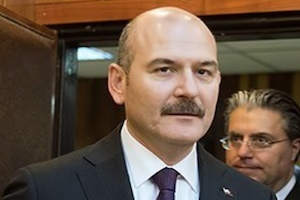Kavala, the Ten Ambassadors and Erdoğan’s Orwellian Descent
By Gareth Jenkins
October 29, 2021
By backing down on his vow to expel ten Western ambassadors for calling for the release of jailed philanthropist Osman Kavala, President Recep Tayyip Erdoğan has averted what threatened to be the most serious diplomatic crisis since his Justice and Development Party (AKP) first took office in November 2002. But, unless Kavala is soon released, the respite will only be temporary. The crisis and his reaction to it also suggest that Erdoğan genuinely believes his own rhetoric, including the often absurd conspiracy theories he increasingly uses to mask his own policy failures.
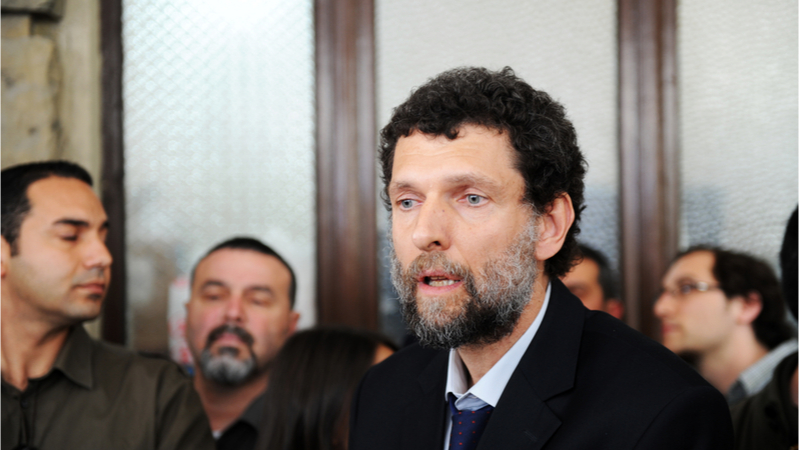
The Turkish Economy after Albayrak: The Limits of Monetary Reset
By Barış Soydan
December 10, 2020
President Recep Tayyip Erdoğan is certainly right to point to the need of reforms to restore the confidence of international investors in Turkey. Yet his determination, and assuming that he’s sincere, his ability to see reforms through is very much in doubt. Besides, Erdoğan retains a hands-on approach to monetary policy even after the departure of his son-in-law Berat Albayrak from the Ministry of Finance. He may well decide once again to stimulate the economy with cheaper and larger amounts of credit, which would inevitably further destabilize the Turkish economy.
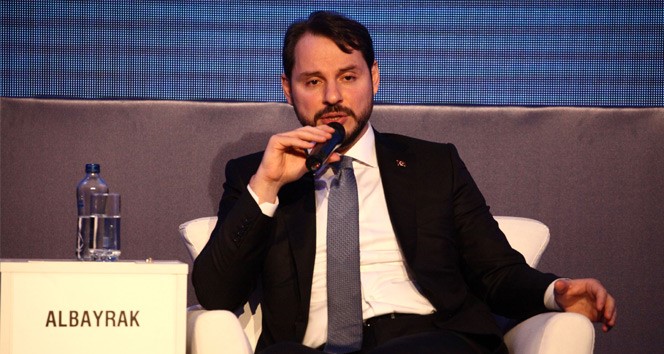
From Pro-Americanism to Anti-Imperialism: The Historic Turn of the Turkish Nationalist Right
By Halil Karaveli
September 21, 2020
Turkey’s pursuit of its geopolitical objectives in the eastern Mediterranean has historically not aligned with what used to be its paramount national security priority, to maintain a “strategic partnership” with the United States. The clash of foreign policy priorities has fuelled divisions in the Turkish military, between conservative pro-Americans and left-leaning, self-described anti-imperialists. Today though, the right-wing nationalists have embraced the anti-imperialism of the nationalist left. That is a profound change.
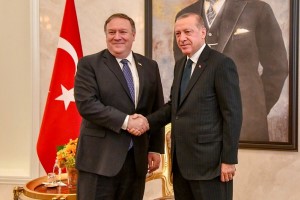
Turkey’s Blue Homeland Doctrine: Signaling Perpetual Conflict in the Mediterranean and Rough Waters Ahead
By Cengiz Çandar
August 26, 2020
Turkey’s and Greece’s zero-sum game in dealing with the issues of maritime delimitation and jurisdiction has for decades posed a problem for the peace and stability in their region. The discovery of energy resources in the eastern Mediterranean has raised the stakes significantly. Mutual intransigence, but most importantly the growing power of ultranationalist officers in the Turkish state, is exacerbating tensions. Turkey’s Blue Homeland doctrine, the endeavor to establish Turkish naval supremacy in the eastern Mediterranean, is ultimately a testimony to the clout of anti-Western ultra-nationalism in the Turkish military and state. It ensures that the eastern Mediterranean will be in perpetual conflict.
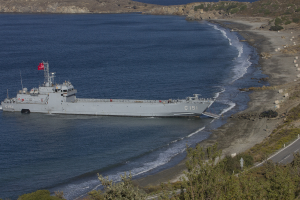
Süleyman Soylu: The Rise of the "Second Man" of the Turkish Regime
By Gonca Tokyol
June 8, 2020
Turkey’s Interior minister Süleyman Soylu has widely come to be seen as the “Second man” of the Turkish regime, and has recently strengthened his position. The fiercely nationalistic Soylu boasts broad popularity among the supporters of both the ruling Justice and Development Party (AKP) and its partner, the Nationalist Movement Party (MHP). The future of a post-Erdoğan AKP is going to be decided by how the rivalry between Soylu and the not-so popular finance minister Berat Albayrak, President Recep Tayyip Erdoğan's son-in-law, plays out. Increasing popular, Soylu has also become a target. Yet the combination of his center-right roots, his adoption of the Islamic conservative AKP and the endorsement of the right-wing nationalist MHP means that Soylu can lay claim to all three ideological traditions of which the right in Turkey is composed. That makes Soylu a strong pretender not only to the leadership of the right, but also of Turkey.
